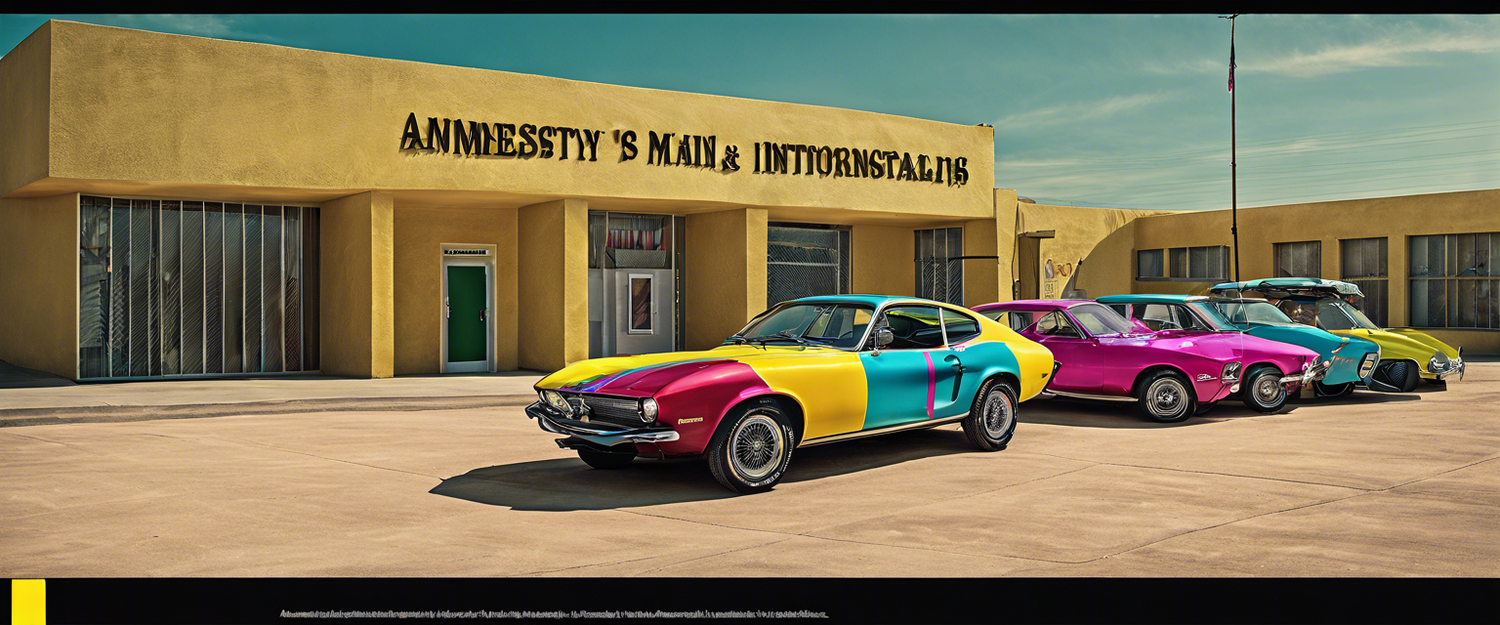Amnesty International Highlights Human Rights Risks in EV Battery Supply Chains
Amid the significant rise in electric vehicle (EV) manufacturing, Amnesty International has released a comprehensive report detailing serious human rights concerns associated with the supply chains for EV batteries. The report ranked 13 of the world's leading EV manufacturers based on their commitment to human rights practices and policies.
Key Findings from the Report
The evaluation of major automakers revealed alarming scores, with BYD and Mitsubishi at the bottom of the ranking, receiving only 11 and 13 out of a possible 90 points, respectively. In contrast, Mercedes-Benz and Tesla achieved the highest scores of 51 and 49. However, the overall assessments indicate a significant shortfall in the industry’s efforts to protect vulnerable communities.
The Urgent Need for Human Rights Due Diligence
The report emphasizes that none of the examined companies are effectively conducting the necessary human rights due diligence along their supply chains for critical materials like cobalt, copper, lithium, and nickel. Amnesty International’s researcher, Quynh Tran, remarked, "Even the better-performing companies have significant room for improvement. The shift to EVs should not come at the cost of human rights violations."
Implications of Increased Material Demand
As nations aim to meet climate targets and encourage a shift toward EVs, the demand for key battery materials is projected to soar. Amnesty warns that without adequate protections, the rush to mine these resources could lead to:
- Displacement of local communities
- Violations of Indigenous peoples' rights
- Dangerous working conditions in mining sites
Evaluation Criteria and Transparency Issues
The assessment was grounded in publicly available information regarding each company’s human rights policies. Points were awarded based on their commitment to respect human rights and their responsiveness to potential abuses. Tran emphasized that a higher score does not imply a lack of abuses but indicates greater transparency and proactivity in addressing risks.
Companies are encouraged to thoroughly map out their supply chains, including detailed disclosures about the origins of their materials. Tran noted, "It’s very difficult to really know what is going on without transparency."
Engagement with Affected Communities
Moreover, the report highlights most assessed companies' failure to comply with the United Nations Declaration on the Rights of Indigenous Peoples (UNDRIP), particularly concerning the rights of communities affected by mining operations.
Role of Governments and Regulatory Frameworks
Government policies play a pivotal role in ensuring that environmental and human rights assessments are mandated in industrial practices. Tran observed greater consistency in transparency among European automakers compared to their U.S. counterparts, likely due to stricter regulatory frameworks in the EU.
Next Steps and Corporate Responsiveness
The complete break down of each company's score was provided in the report, along with responses from the automakers. Notably, three companies—BYD, Hyundai, and Mitsubishi—did not respond to Amnesty International.
Ford acknowledged its own sustainability efforts, while Mercedes-Benz outlined its strategy for respecting human rights. Meanwhile, Renault Group expressed ongoing engagement with Amnesty to enhance their human rights policies.
Conclusion
Tran concluded with a clear message: "Regardless of the technology, the need to ensure that human rights are respected throughout supply chains is very important. This is the way we can achieve a truly sustainable and fair transition to green technologies." This report serves as a critical reminder that sustainability in the EV sector must not compromise the rights of individuals and communities involved in resource extraction.



Leave a comment
All comments are moderated before being published.
This site is protected by hCaptcha and the hCaptcha Privacy Policy and Terms of Service apply.